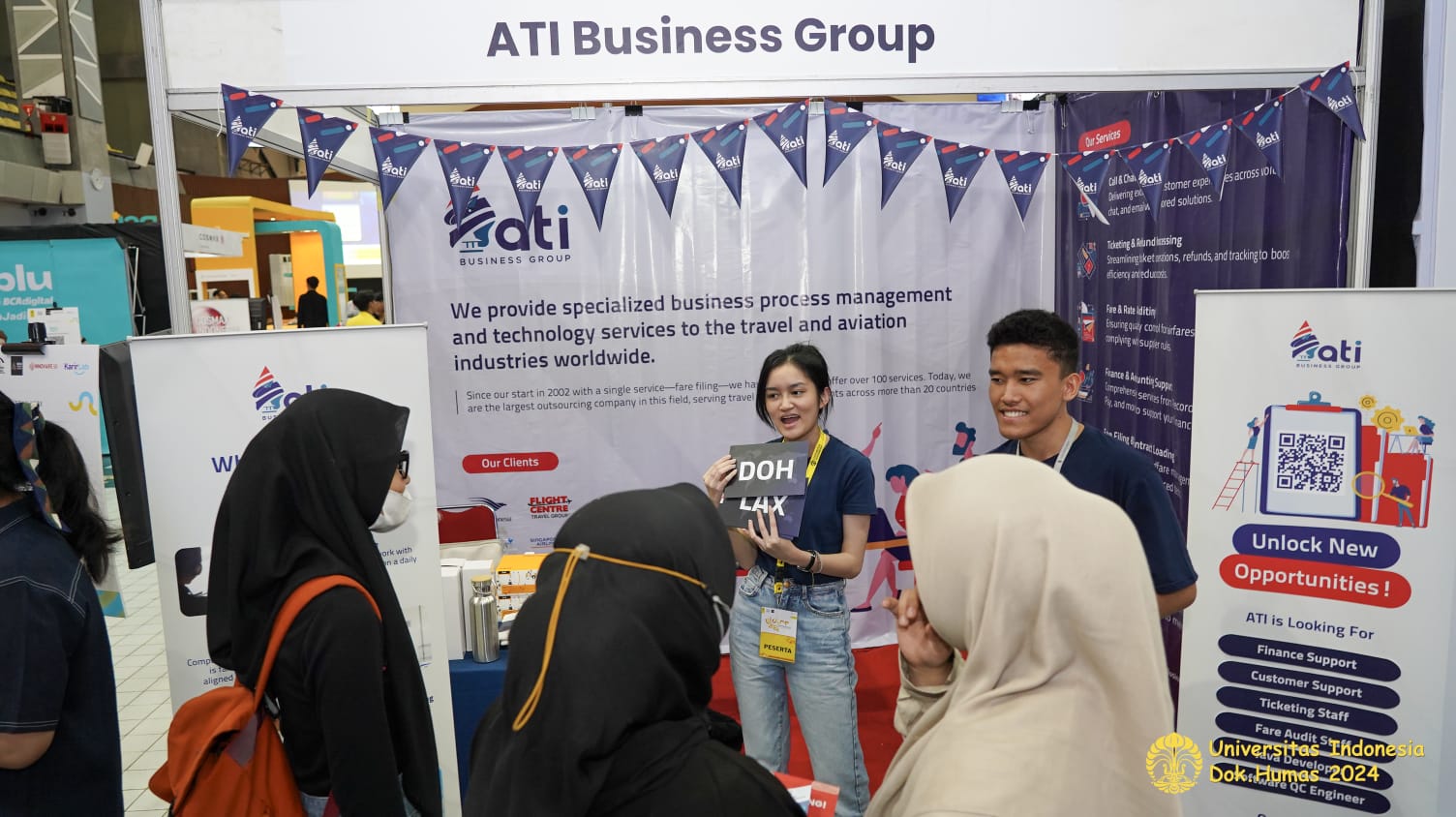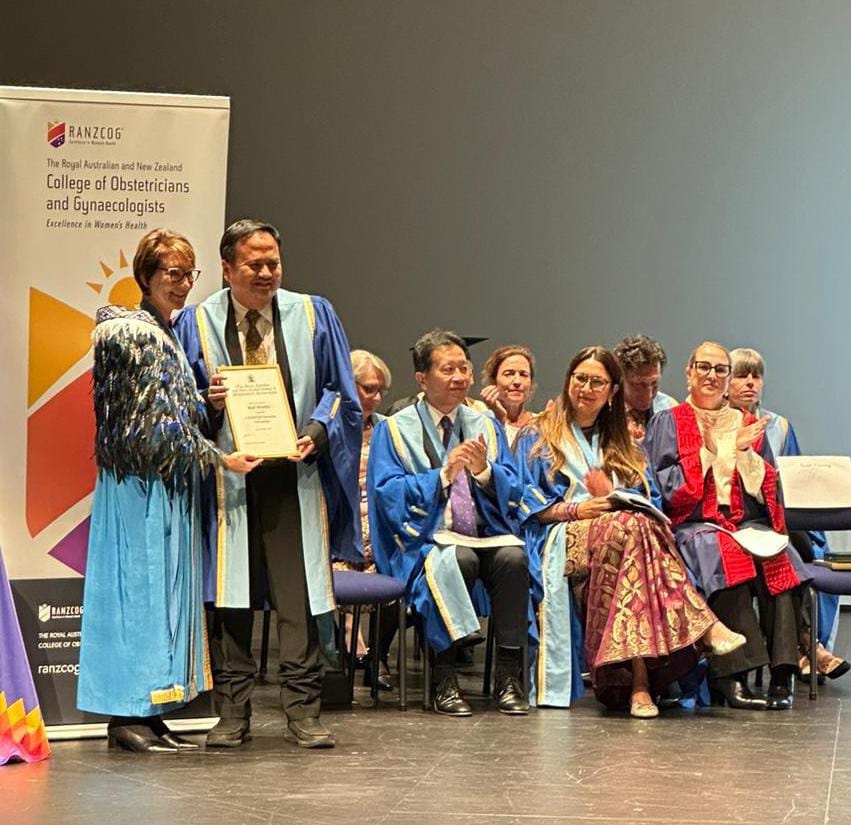The community service team (pengmas) from the Geology Study Program, Faculty of Mathematics and Natural Sciences (FMIPA) Universitas Indonesia (UI) created innovative educational and interactive games to introduce minerals and types of rocks in the rock garden located at the Parangtopo Nature Laboratory, Campus Depok, West Java. Rocks are the main objects studied in geology, because they provide information about the formation of the earth in the past. This is because rocks are the final product of various geological processes that have occurred.
The head of the service team, Rezky Aditiyo, M.T, said that, “This activity aims to provide a fun and interactive learning experience about rocks and their formation processes. We want to change people’s views on geology learning. By combining play and educational approaches in the laboratory, we hope that students and the public can better understand how interesting the world of rocks and minerals is.”
The UI service team’s innovative game is in the form of a “Yes” or “No” Question and is aimed at class XI students of SMA Negeri 1, Depok City, West Java. This game uses a nine-meter square carpet on the surface of which clue panels are printed to help participants identify rock types. Game participants are divided into six groups, each group consisting of six to seven members. Each group is given a rock sample without being told the name of the rock, and participants will start by standing at the starting panel. Participants are then asked to answer “yes” or “no” questions written on a panel on the carpet.
The questions given contain a description of the rock characteristics. If these characteristics match the stone they are holding, then participants answer “yes”, but if they do not match, participants answer “no”. If the participant’s answer is correct, they will be directed to move on to the next question by following the “yes” or “no” answer arrow until they get the name of the rock that matches the one they are holding. Conversely, if their answer is wrong, they will fall and will be replaced by the opposing team.
Rezky explained that the key to success in this game is understanding the characteristics of rocks macroscopically or with the naked eye. The rocks introduced are common and unique in terms of their formation. Among them are groups of igneous rocks such as basalt, gabbro, granite and pumice. Apart from that, rocks were also introduced that have economic benefits, for example coal and various valuable minerals. In this way, students can also understand the relevance of geology in everyday life and its use in the economic sector.
Apart from taking part in this game, the community service participants also carried out direct exploration and learned through various practical experiments designed to increase their understanding. With this activity, it is hoped that earth sciences can be more integrated in schools and the public’s understanding of geology will increase. “Interesting and innovative geology learning at the Parangtopo UI Laboratory is a positive step in stimulating students’ interest in earth sciences as well as increasing public awareness about the potential dangers of geology and the diversity of natural resources in Indonesia,” said Rezky about the community service which took place at the end of last month.



